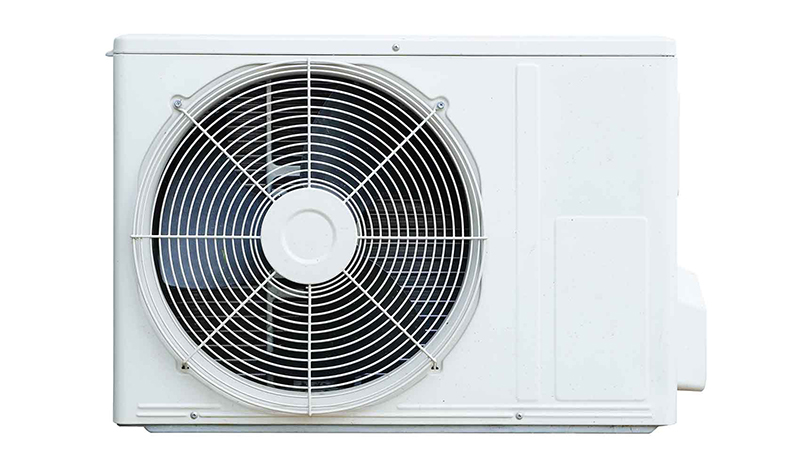Indoor air pollution can be just as dangerous as outdoor pollution due to gas combustion from fossil-fueled gas stoves and furnaces, which produce fine particulate matter — one of the most harmful forms of air pollution — as well as methane, nitrogen oxides, carbon monoxide, and formaldehyde. Pollutants from gas appliances may be carcinogenic and pose respiratory, cardiovascular, and neurological risks, particularly for children, and can disproportionately impact low-income communities where poor ventilation is more prevalent.
Methane, the main component of “natural gas,” is also the second largest greenhouse gas contributor to climate change. In the U.S., methane from gas stoves has a climate impact comparable to about 500,000 gas-powered cars driven for a year, and approximately three-quarters of methane emissions can occur when gas stoves are off.
So, what’s the solution? Meera Fickling, WRA’s senior climate policy analyst, explains more:
How do we achieve pollution-free homes and buildings?
We need to transition from fossil gas appliances to alternatives like efficient electric heat pumps and induction cooktops. A 2022 study showed that heat pumps can reduce emissions by 55%, and heat pump water heaters cut emissions by 65%, compared with gas appliances. Electric appliances also avoid the health risks of using gas and save consumers money, particularly in new homes and buildings, by avoiding running gas lines and paying fixed gas bills.
What are the main barriers to building electrification, and how can we overcome them?
We need to transform the market. Currently, heat pumps make up only 2% of residential space heating appliances in Colorado and 8% across the Interior West. This small market means there is scant consumer awareness, low product availability, and a shortage of contractors. Retrofitting buildings for electric appliances can be challenging, as some buildings first require improvements to service panels or wiring. But workforce development and consumer awareness efforts can help overcome those barriers, along with state and local policies.

How can state and local policies help?
We need innovative state, local, and utility policies that drive building electrification. Last spring, Colorado passed a novel Clean Heat Standard bill, which requires gas utilities to reduce their greenhouse gas emissions 22% by 2030. The bill will catalyze investment and market transformation in new clean heat technologies. Utility incentive programs and innovative financing options — particularly incentives targeted at low-income households and underserved communities — can make electric appliances more affordable for consumers. Additionally, advanced building energy codes drive electrification in new construction, where it is currently most cost effective. Finally, integrating local and state policies with improved gas system planning will prevent customers who remain on the gas system from paying for poor investments made by utilities.
We can make a huge difference by transitioning our homes and office buildings to electric power, and WRA is leading the way. We work with utilities and regulators to incorporate building electrification into gas and electricity infrastructure planning, provide market incentives, strengthen building construction codes, create innovative financing options for households and small businesses, and prepare the workforce to install those technologies. Clean heat is better for the climate, your lungs, and your wallet.








